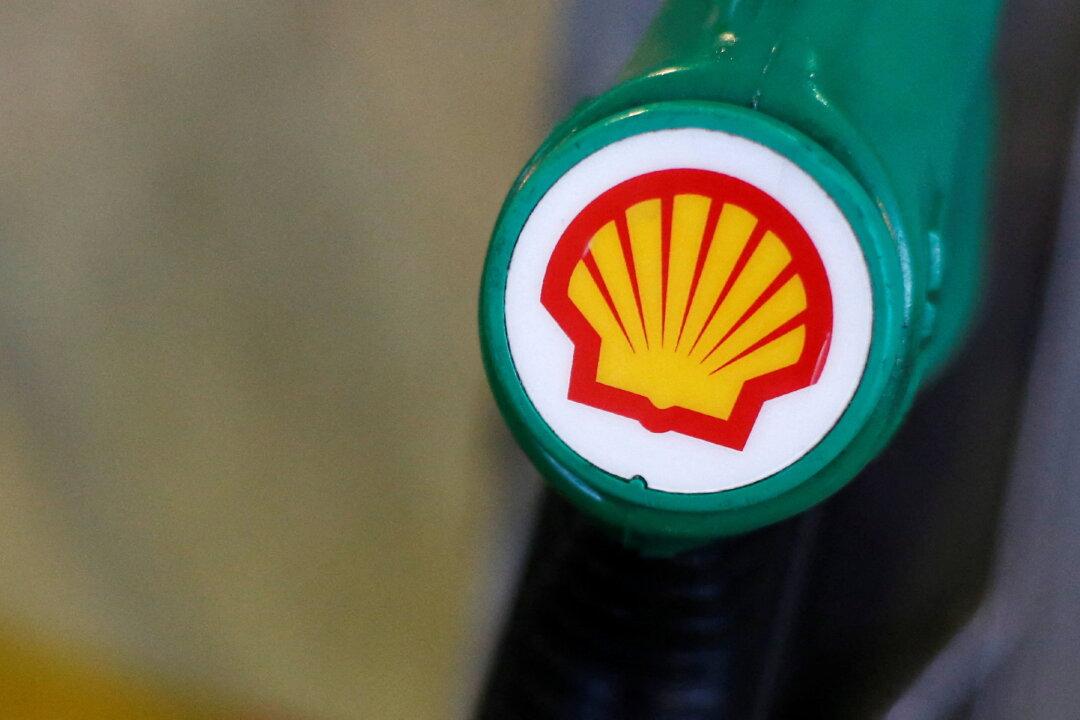LONDON—Shell on Thursday reported a record first-quarter profit of $9.13 billion, boosted by higher oil and gas prices, stellar refining profits, and the strong performance of its trading division.
The last of the energy majors to report results, Shell joins sector rivals, including BP and TotalEnergies in making big profits from the commodity price volatility stoked by Russia’s invasion of Ukraine that began on Feb. 24.





